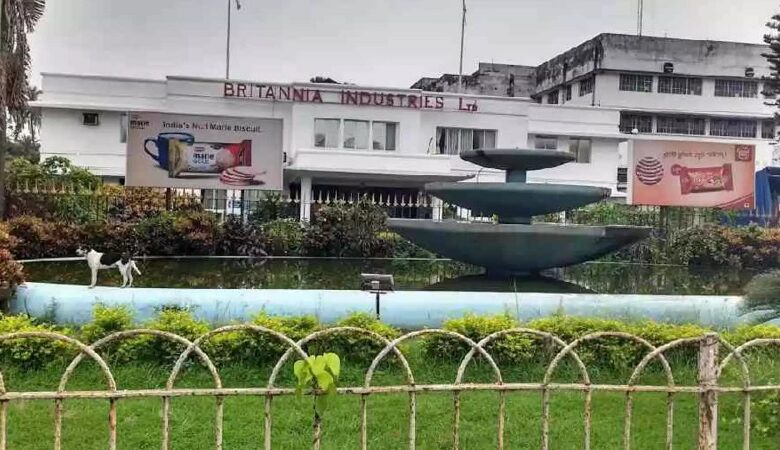Britannia Industries’ Taratala Plant Workforce Accepts Voluntary Retirement Scheme

News Mania Desk/ Agnibeena Ghosh/25th June 2024
Britannia Industries Ltd, a leading player in the fast-moving consumer goods (FMCG) sector, has announced that all permanent employees at its Taratala factory in Kolkata have accepted the voluntary retirement scheme (VRS). Despite this significant shift, the company maintains that its overall business operations will remain unaffected.
However, senior leader of the Centre of Indian Trade Unions (CITU), Gautam Ray, revealed that production at the Taratala plant has been halted. “There has been no production at the Taratala plant for over 20 days. All 122 permanent employees have accepted VRS, and negotiations are ongoing for 250 contractual workers,” Ray stated.
Britannia Industries has not responded to queries regarding the cessation of production at the Taratala plant. This factory, one of Britannia’s oldest biscuit manufacturing units, has been operational for over seven decades, marking a significant chapter in the company’s history.
Sources indicate that Britannia offered different compensation packages based on the remaining job tenure of the employees. Those with up to 5 years and 11 months left were offered Rs 13 lakh, employees with 6 to 10 years remaining were offered Rs 18.5 lakh, and those with more than 10 years remaining were offered Rs 22.25 lakh.
The acceptance of the VRS by all permanent workers has sparked speculation about the potential shutdown of the Taratala unit. Despite the company’s assurance of no material impact on its operations, the halt in production raises concerns about the future of the plant and its contractual workforce.
The Taratala plant’s lengthy history and contribution to Britannia’s growth add weight to these developments. As one of the company’s oldest manufacturing units, it has been integral to producing a wide range of popular biscuits, contributing significantly to Britannia’s market presence.
The VRS decision comes amidst broader industry trends where companies are restructuring and optimizing operations to enhance efficiency and profitability. For Britannia, ensuring minimal disruption to its supply chain and maintaining product availability in the market will be crucial.
The ongoing negotiations with the 250 contractual workers will also play a significant role in determining the plant’s future. The outcome of these talks could either pave the way for the resumption of production or lead to further changes in the plant’s operational status.
In the broader context, Britannia’s move reflects a strategic decision to streamline its workforce and potentially reallocate resources to newer, more efficient manufacturing facilities. This aligns with industry practices where legacy plants are either upgraded or phased out in favor of more modern operations.
While the halt in production at the Taratala plant is a notable development, Britannia’s extensive network and multiple production units across the country provide a buffer to ensure continued supply. The company’s ability to adapt to these changes and manage its workforce transition effectively will be key to maintaining its market position.
In conclusion, Britannia Industries’ Taratala plant faces a significant transition as all permanent workers accept the VRS. The halt in production raises questions about the plant’s future, but the company’s assurance of no material impact on operations suggests a strategic approach to workforce and resource management. The ongoing negotiations with contractual workers and the company’s broader operational strategy will ultimately shape the outcome of this pivotal development.






